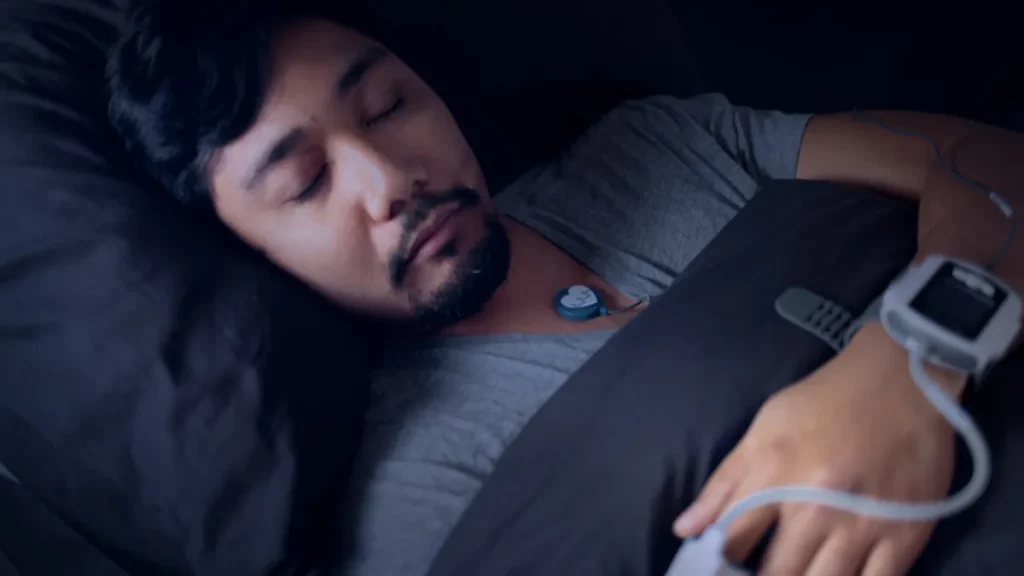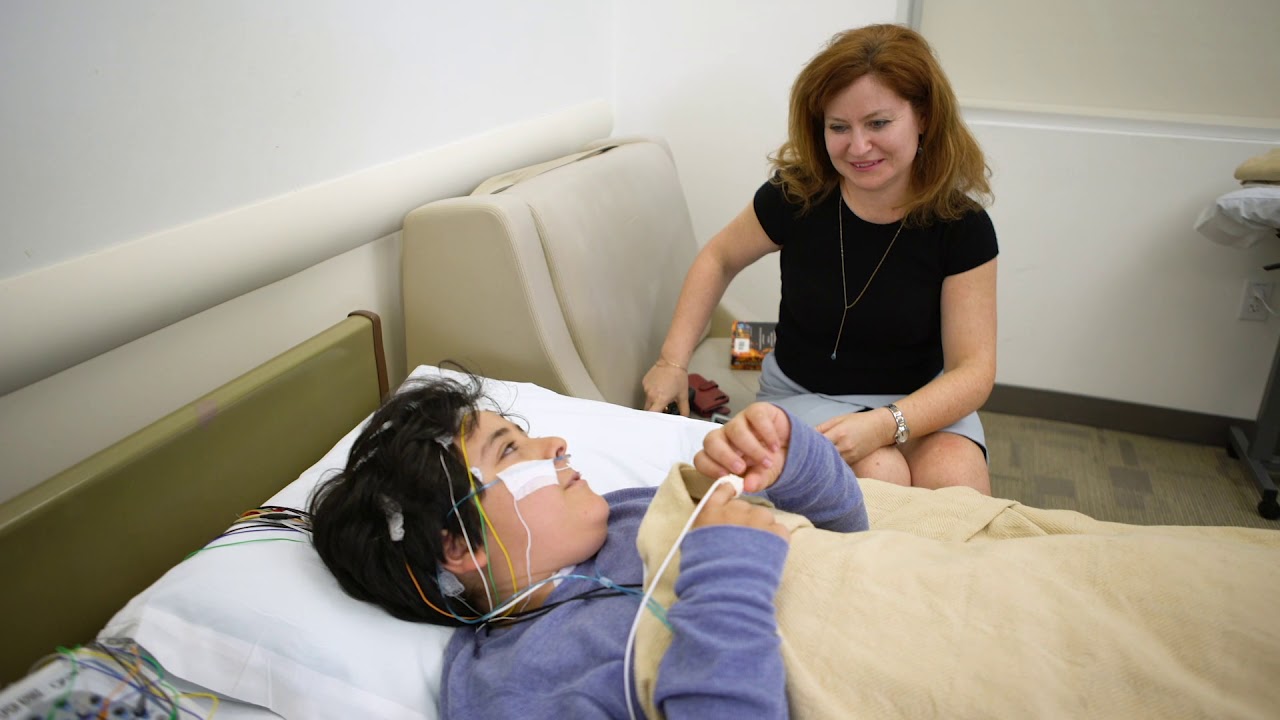Sleep disorders can significantly impact a person’s well-being and quality of life. Sydney Sleep Test is at the forefront of finding solutions to these disorders. By better understanding sleep disorders, identifying them through tests, and interpreting the results, individuals can seek appropriate medical treatments or make lifestyle changes. Furthermore, advancements in sleep disorder research and the role of technology provide hope for the future of treatment.
Understanding Sleep Disorders
Sleep disorders encompass a range of conditions that affect a person’s ability to sleep well consistently. They can disrupt the sleep-wake cycle, leading to sleep deprivation and various health issues and needs sleep test Sydney. Understanding the science behind sleep disorders is essential in finding effective solutions.
Individuals experiencing sleep disorders may also encounter challenges in their daily functioning, such as difficulties concentrating, irritability, and daytime fatigue. These issues can impact work performance, relationships, and overall quality of life. Seeking professional help and support is crucial in managing and improving sleep patterns.

The Science Behind Sleep Disorders
Sleep is a complex process regulated by the body’s internal clock, also known as the circadian rhythm. Disruptions to this rhythm can result in difficulty falling asleep, staying asleep, or achieving restorative sleep. Sleep disorders can be caused by various factors, including medical conditions, lifestyle habits, and psychological factors.
Research suggests that genetics may also play a role in the development of certain sleep disorders. Understanding the genetic predispositions to conditions like sleep apnea or narcolepsy can aid in personalized treatment approaches. Additionally, advancements in technology have allowed for innovative sleep monitoring devices that track sleep patterns and provide valuable data for healthcare professionals.
Common Types of Sleep Disorders
There are several types of sleep disorders, each with its unique characteristics and symptoms. Some of the most common sleep disorders include insomnia, sleep apnea, narcolepsy, restless legs syndrome, and circadian rhythm disorders. Recognizing the signs and symptoms of these disorders can help individuals seek appropriate testing and treatment.
Educating oneself about the different types of sleep disorders and their potential impact on overall health is a crucial step in promoting better sleep hygiene. By raising awareness about the importance of sleep quality and seeking early intervention for any sleep-related concerns, individuals can take proactive steps towards improving their well-being and quality of life.
The Importance of Sleep Tests
Sleep tests play a crucial role in identifying and diagnosing sleep disorders. These tests provide valuable data about a person’s sleep patterns, breathing, brain activity, and other factors that can help determine the underlying cause of the sleep disorder.
Getting quality sleep is essential for overall health and well-being. Sleep disorders can have a significant impact on a person’s daily life, leading to fatigue, irritability, and even serious health conditions if left untreated. That’s why undergoing a sleep test is a vital step towards improving sleep quality and overall health.
Identifying Sleep Disorders through Tests
Sleep tests, such as polysomnography and multiple sleep latency testing, are conducted in specialized sleep laboratories. These tests monitor various physiological parameters during sleep, allowing experts to identify abnormal sleep patterns and diagnose specific sleep disorders.
Polysomnography, often referred to as a “sleep study,” records data such as brain waves, oxygen levels in the blood, heart rate, and breathing patterns during sleep. This comprehensive test provides valuable insights into the quality of sleep and helps healthcare providers tailor treatment plans to address specific sleep disorders.
What to Expect from a Sleep Test
Before undergoing a sleep test, individuals may be asked to complete a sleep diary, which helps the sleep specialist assess their sleep patterns. During the test, electrodes are placed on the scalp, face, and other parts of the body to measure brain waves, eye movements, heart rate, and muscle activity. The test is non-invasive and painless, usually conducted overnight.
Patients are encouraged to maintain their regular sleep schedule to ensure accurate test results. The sleep technologist will carefully monitor the data throughout the night to capture any abnormalities or disruptions in the sleep cycle. After the test, the collected data is analyzed by sleep specialists to provide an accurate diagnosis and recommend appropriate treatment options for the individual.
The Sydney Sleep Test Explained
The Sydney Sleep Test is a comprehensive sleep assessment conducted at the renowned Sydney Sleep Center. This test follows a meticulous process, ensuring accurate results and personalized treatment recommendations.
The Process of the Sydney Sleep Test
The Sydney Sleep Test begins with an initial consultation with a sleep specialist to discuss the individual’s sleep concerns, medical history, and lifestyle factors. Based on this information, a tailored sleep test is recommended. The test involves an overnight stay at the sleep center, where the individual’s sleep is monitored using state-of-the-art equipment.
Interpreting the Results of the Sydney Sleep Test
Once the sleep test is completed, the data collected is analyzed by sleep experts. The results provide valuable insights into the individual’s sleep architecture, breathing patterns, and any potential sleep disorders present. Based on these findings, the sleep specialist creates a personalized treatment plan to address the identified sleep issues.

Solutions and Treatments for Sleep Disorders
There are various treatments available for sleep disorders, ranging from medical interventions to lifestyle changes. The choice of treatment depends on the type and severity of the sleep disorder.
Medical Treatments for Sleep Disorders
In some cases, medical interventions may be necessary to manage sleep disorders effectively. This may involve medication to regulate sleep patterns, the use of continuous positive airway pressure (CPAP) machines for sleep apnea, or medications to address underlying medical conditions contributing to the sleep disorder.
Lifestyle Changes to Improve Sleep Quality
For many individuals, making lifestyle changes can significantly improve sleep quality and reduce the impact of sleep disorders. This may include maintaining a consistent sleep schedule, creating a relaxing bedtime routine, avoiding stimulants close to bedtime, and creating a sleep-friendly environment.
The Future of Sleep Disorder Treatment
As sleep disorder research continues to advance, promising innovations are on the horizon. These innovations aim to enhance diagnosis, treatment options, and overall management of sleep disorders.
Innovations in Sleep Disorder Research
Ongoing research is shedding light on the underlying mechanisms of sleep disorders and will contribute to the development of more targeted and effective treatments. New studies explore the genetic basis of sleep disorders, the impact of environmental factors, and potential novel therapies.
The Role of Technology in Sleep Disorder Treatment
Technology plays a vital role in sleep disorder management. Innovative devices, such as wearable sleep trackers, smartphone applications, and home sleep apnea tests, offer individuals greater accessibility and convenience in monitoring their sleep patterns and seeking appropriate treatments.In conclusion, understanding sleep disorders, utilizing sleep tests like the Sydney Sleep Test, exploring various treatment options, and embracing advancements in sleep disorder research and technology are key to finding solutions for sleep disorders. With continued efforts in this field, individuals can achieve restful nights and improve their overall health and well-being.

